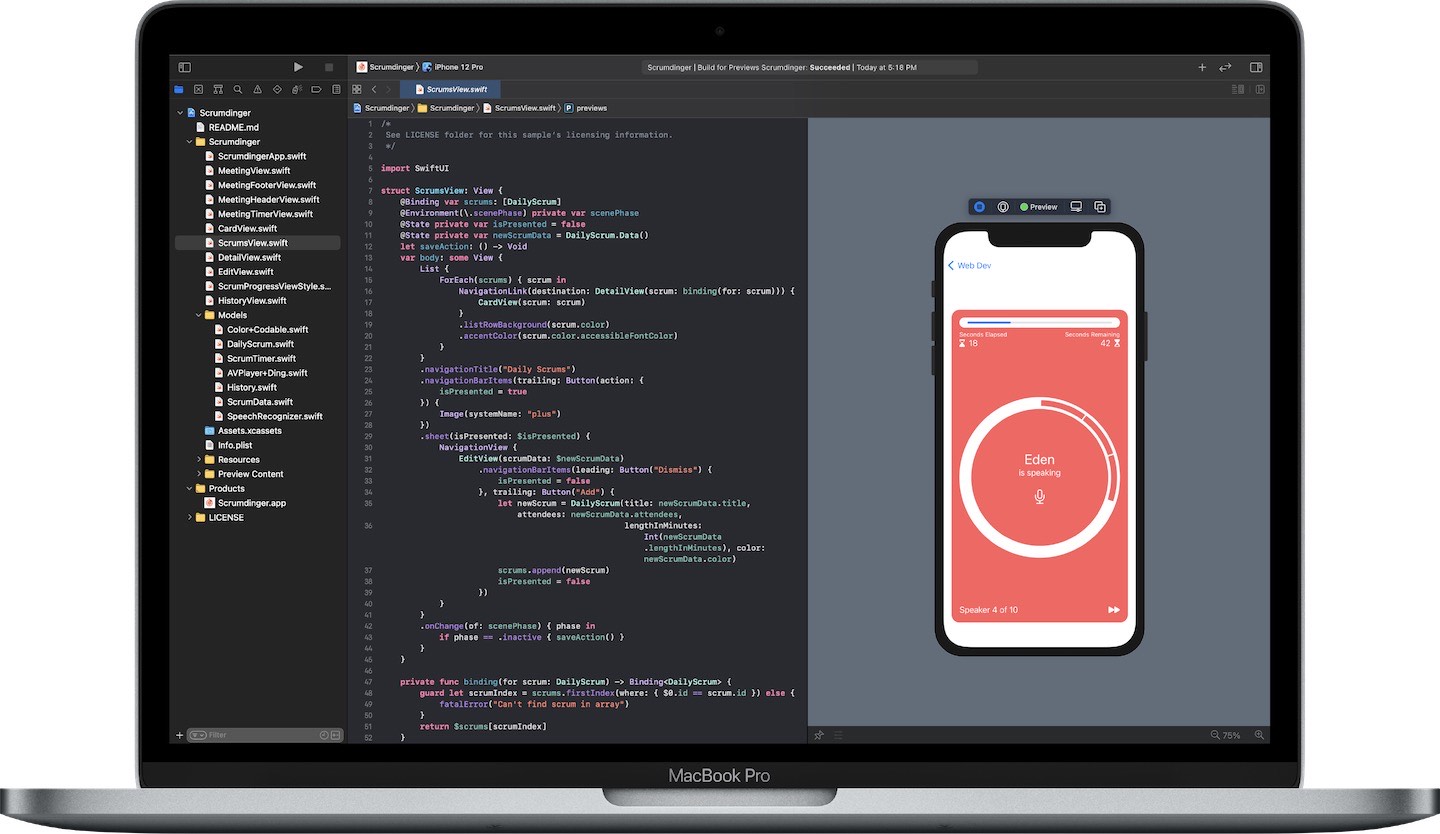1
2
3
4
5
6
7
8
9
10
11
12
13
14
15
16
17
18
19
20
21
22
23
24
25
26
27
28
29
30
31
32
33
34
35
36
37
38
39
40
41
42
43
44
45
46
47
48
49
50
51
52
53
54
55
56
57
58
59
60
61
62
63
64
65
66
67
68
69
70
71
72
73
74
75
76
77
78
79
80
81
82
83
84
85
86
87
88
89
90
91
92
93
94
95
96
97
98
99
100
101
102
103
104
105
106
107
108
109
110
111
112
113
114
115
116
117
118
119
120
121
122
123
124
125
126
127
128
129
130
131
132
133
134
135
136
137
138
|
import sys, os
from struct import unpack
try:
from StringIO import StringIO
except ImportError:
from io import StringIO
from time import strftime, gmtime
from os.path import expanduser
import requests
home = expanduser("~")
FilePath= home + '/Library/Cookies/Cookies.binarycookies'
cookieDict = dict()
try:
binary_file=open(FilePath,'rb')
except IOError as e:
print('File Not Found :'+ FilePath)
print('请前往「系统偏好设置」->「安全性与隐私」->「完全磁盘访问权限」,勾选当前的Terminal,以授权访问Cookie文件')
sys.exit(0)
file_header=binary_file.read(4)
if str(file_header)!='cook':
print("Not a Cookies.binarycookie file")
sys.exit(0)
num_pages=unpack('>i',binary_file.read(4))[0]
page_sizes=[]
for np in range(num_pages):
page_sizes.append(unpack('>i',binary_file.read(4))[0])
pages=[]
for ps in page_sizes:
pages.append(binary_file.read(ps))
for page in pages:
page=StringIO(page)
page.read(4)
num_cookies=unpack('<i',page.read(4))[0]
cookie_offsets=[]
for nc in range(num_cookies):
cookie_offsets.append(unpack('<i',page.read(4))[0])
page.read(4)
cookie=''
for offset in cookie_offsets:
page.seek(offset)
cookiesize=unpack('<i',page.read(4))[0]
cookie=StringIO(page.read(cookiesize))
cookie.read(4)
flags=unpack('<i',cookie.read(4))[0]
cookie_flags=''
if flags==0:
cookie_flags=''
elif flags==1:
cookie_flags='Secure'
elif flags==4:
cookie_flags='HttpOnly'
elif flags==5:
cookie_flags='Secure; HttpOnly'
else:
cookie_flags='Unknown'
cookie.read(4)
urloffset=unpack('<i',cookie.read(4))[0]
nameoffset=unpack('<i',cookie.read(4))[0]
pathoffset=unpack('<i',cookie.read(4))[0]
valueoffset=unpack('<i',cookie.read(4))[0]
endofcookie=cookie.read(8)
expiry_date_epoch= unpack('<d',cookie.read(8))[0]+978307200
expiry_date=strftime("%a, %d %b %Y ",gmtime(expiry_date_epoch))[:-1]
create_date_epoch=unpack('<d',cookie.read(8))[0]+978307200
create_date=strftime("%a, %d %b %Y ",gmtime(create_date_epoch))[:-1]
cookie.seek(urloffset-4)
url=''
u=cookie.read(1)
while unpack('<b',u)[0]!=0:
url=url+str(u)
u=cookie.read(1)
cookie.seek(nameoffset-4)
name=''
n=cookie.read(1)
while unpack('<b',n)[0]!=0:
name=name+str(n)
n=cookie.read(1)
cookie.seek(pathoffset-4)
path=''
pa=cookie.read(1)
while unpack('<b',pa)[0]!=0:
path=path+str(pa)
pa=cookie.read(1)
cookie.seek(valueoffset-4)
value=''
va=cookie.read(1)
while unpack('<b',va)[0]!=0:
value=value+str(va)
va=cookie.read(1)
if url==".example.com" :
cookieDict[name] = value
binary_file.close()
print("Cookie信息为:")
print(cookieDict)
if not cookieDict:
print('没有www.example.com的cookie信息')
print('请使用Safari打开 https://www.example.com ,刷新一下Cookie')
os.system('open -a Safari https://www.example.com/')
sys.exit(0)
resp = requests.get(example_url, cookies = cookieDict)
|
